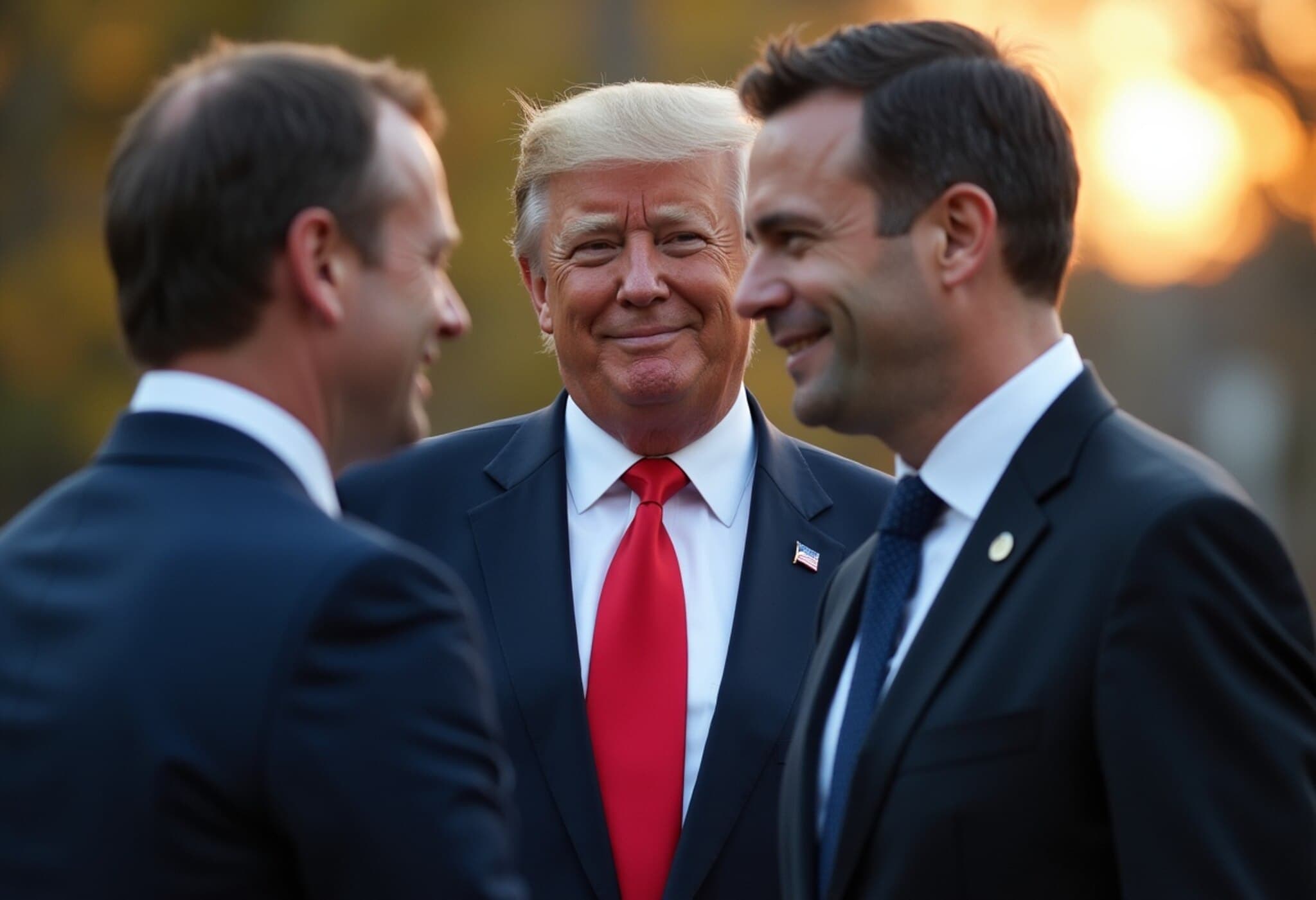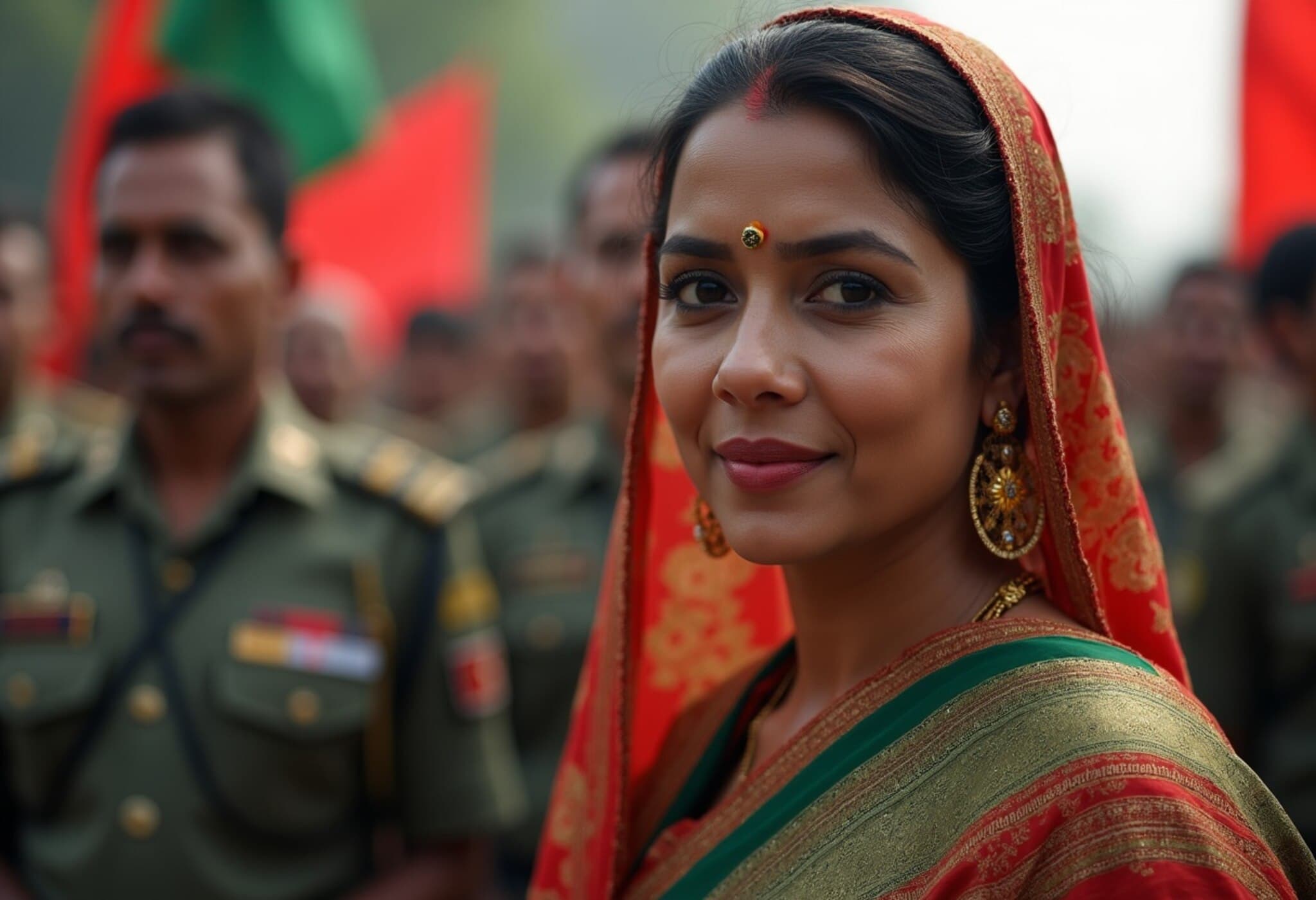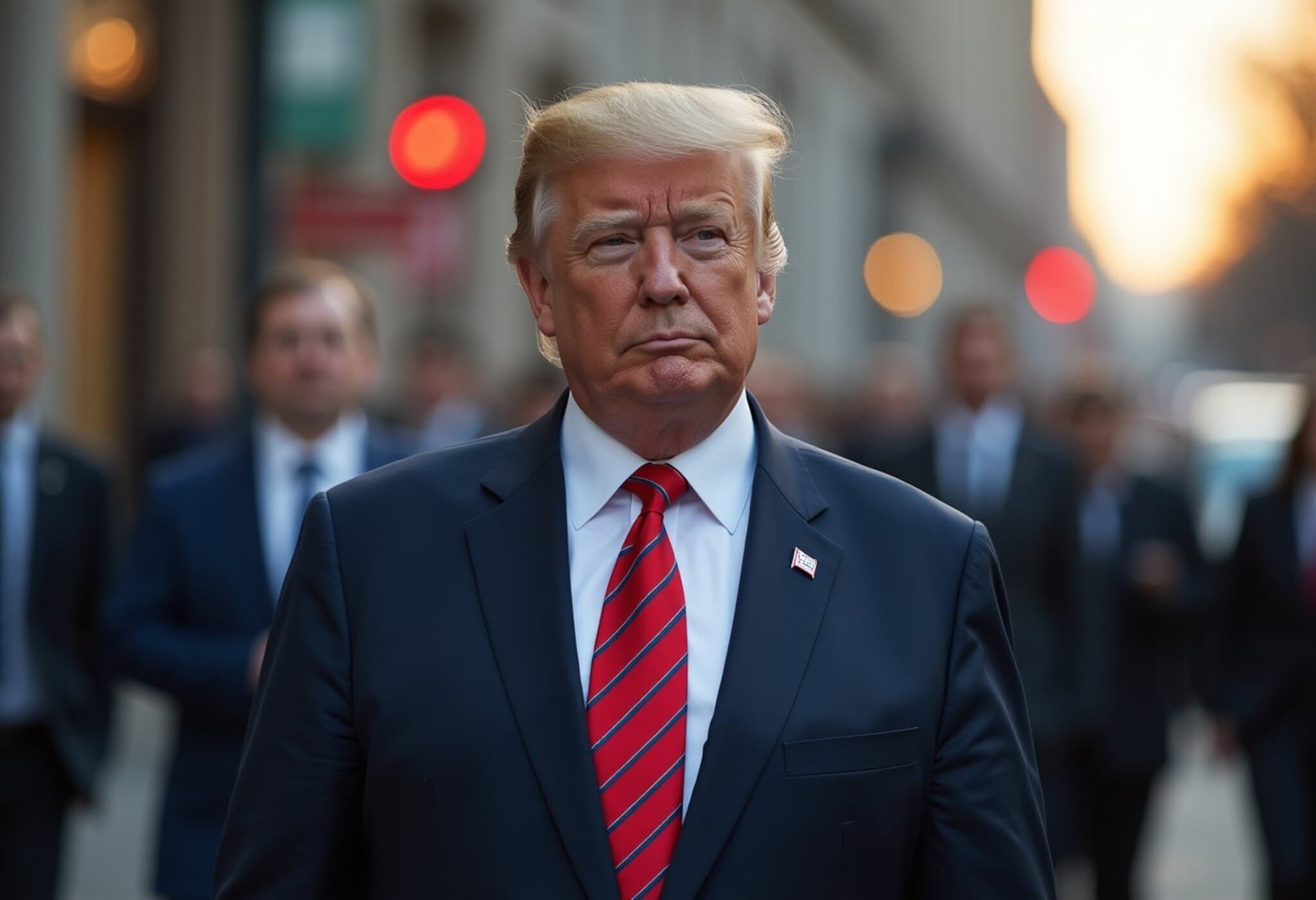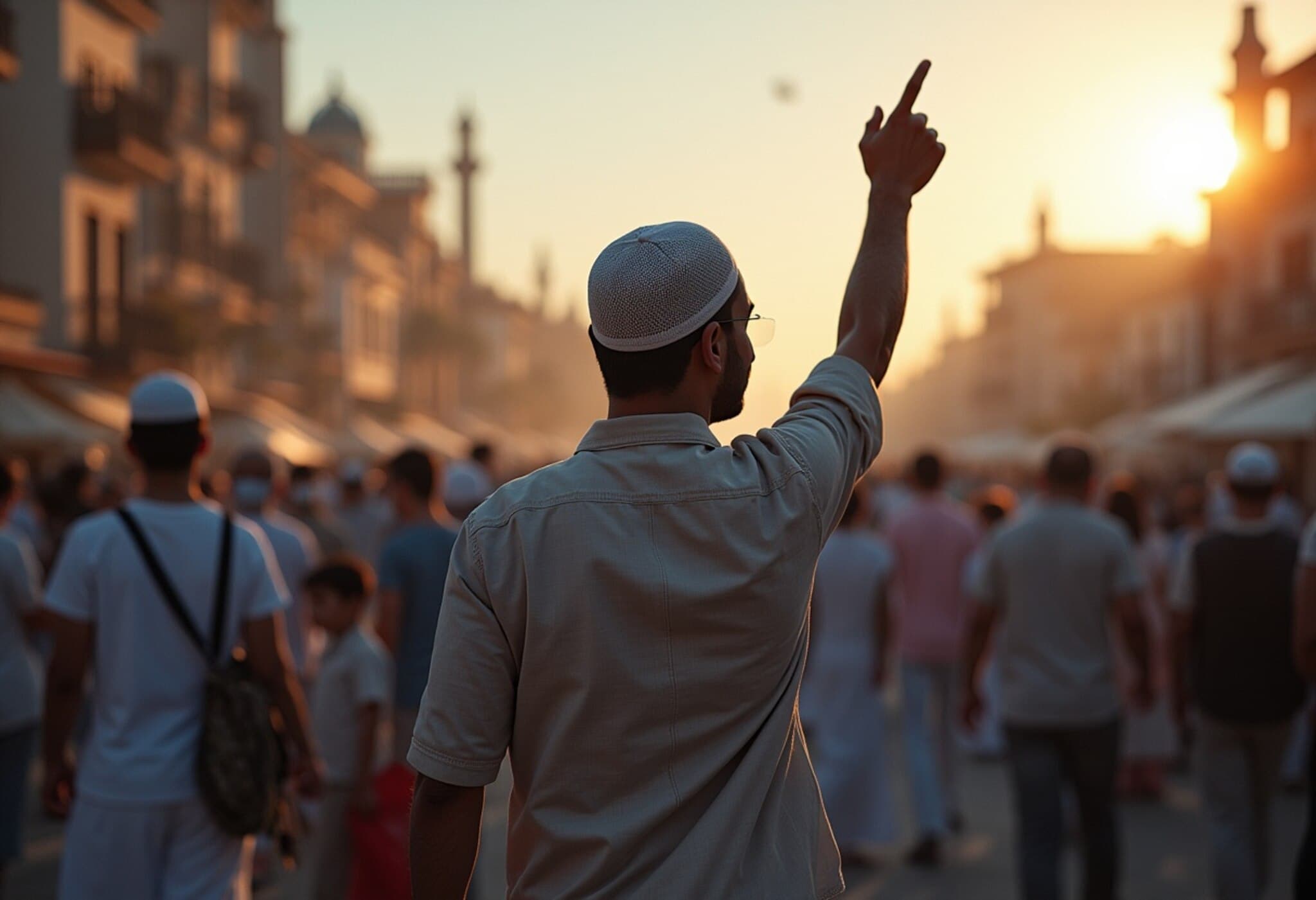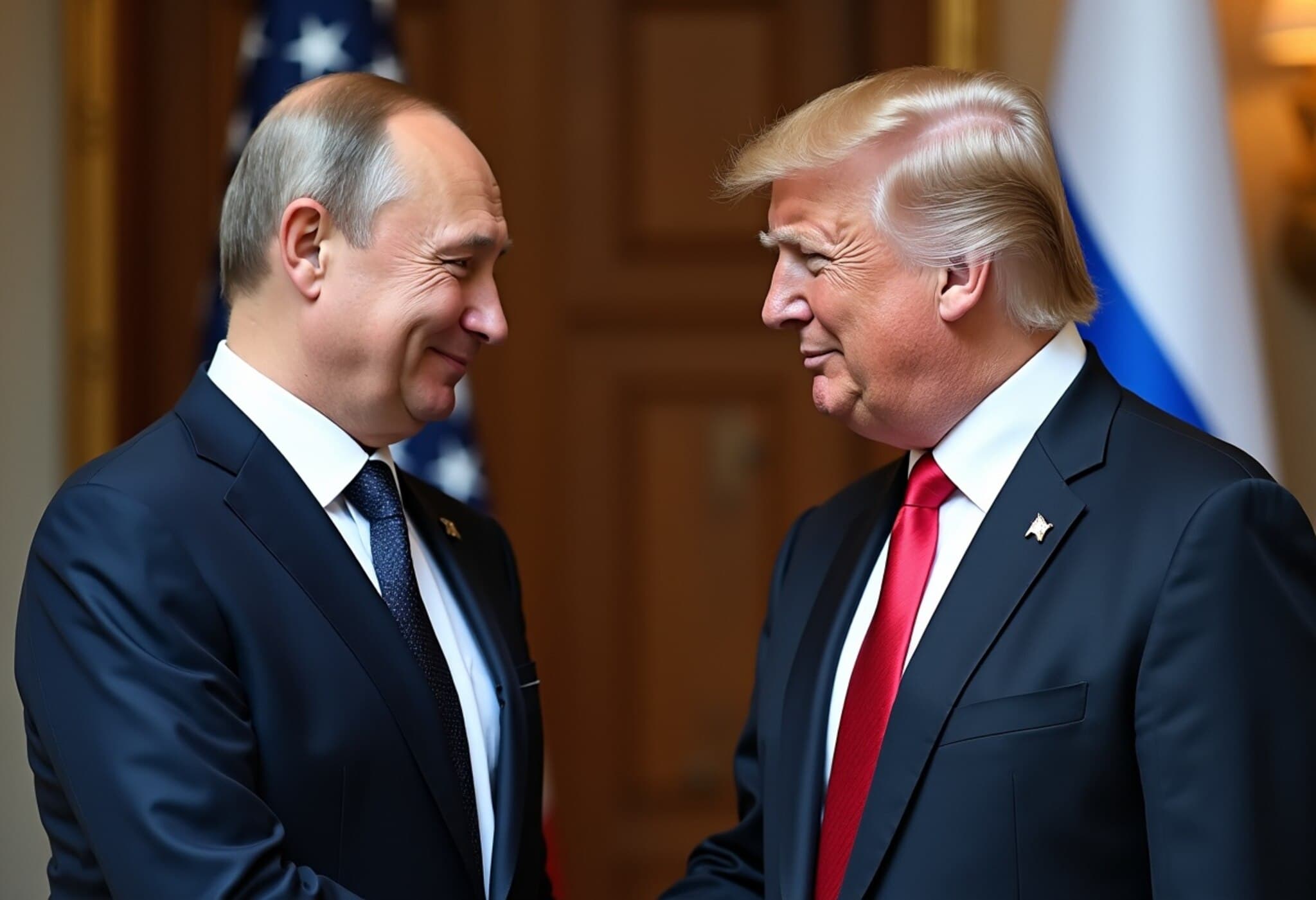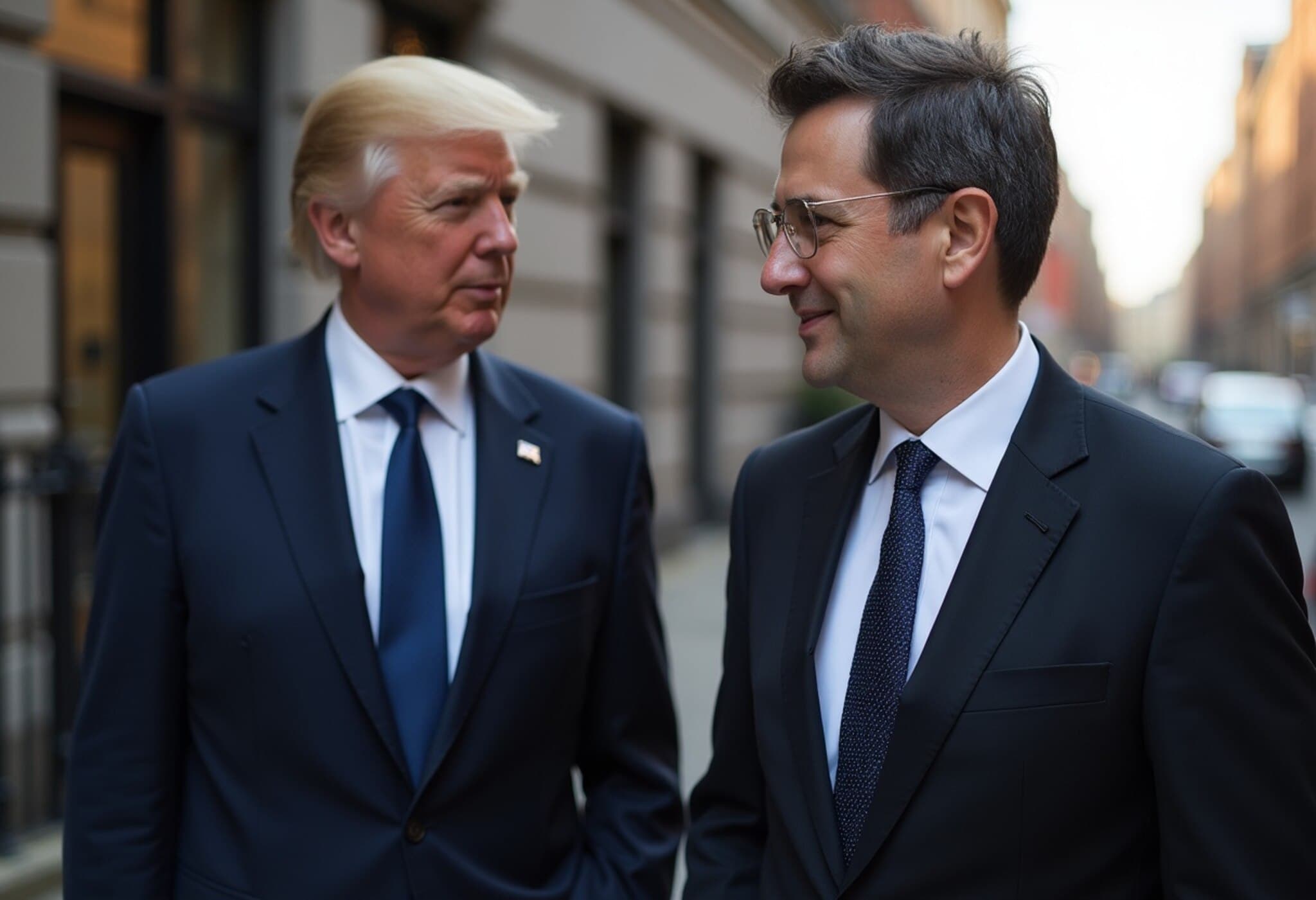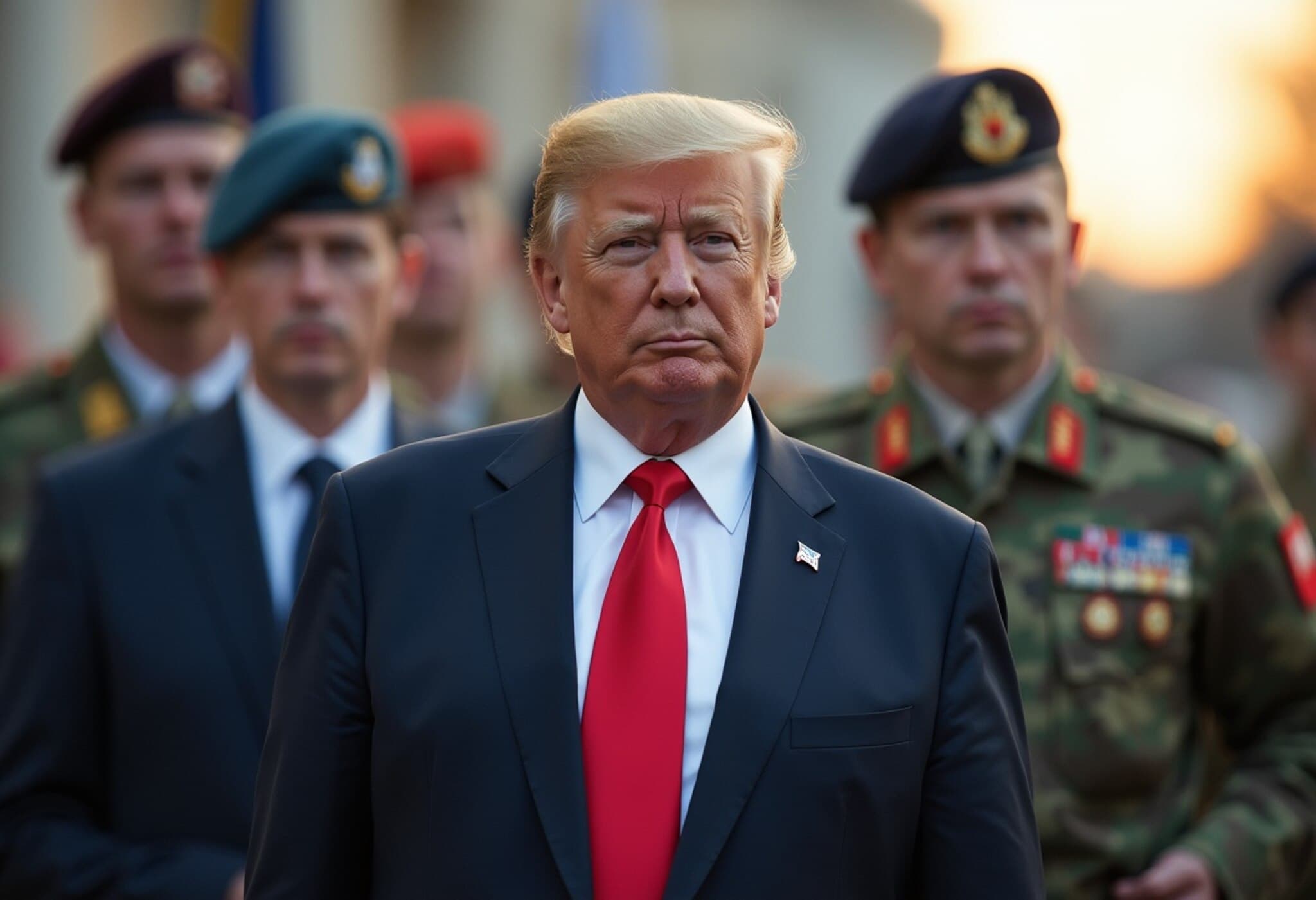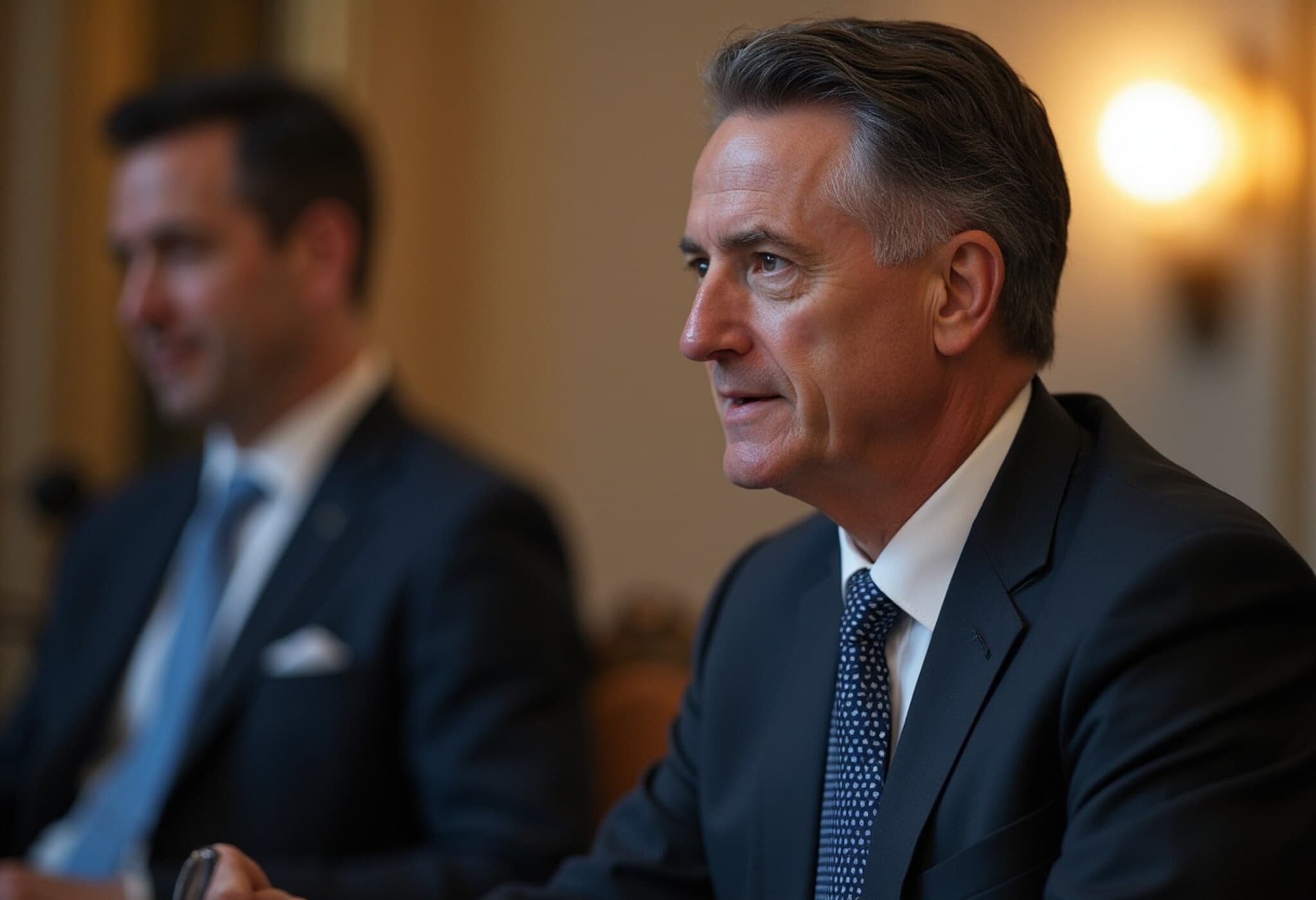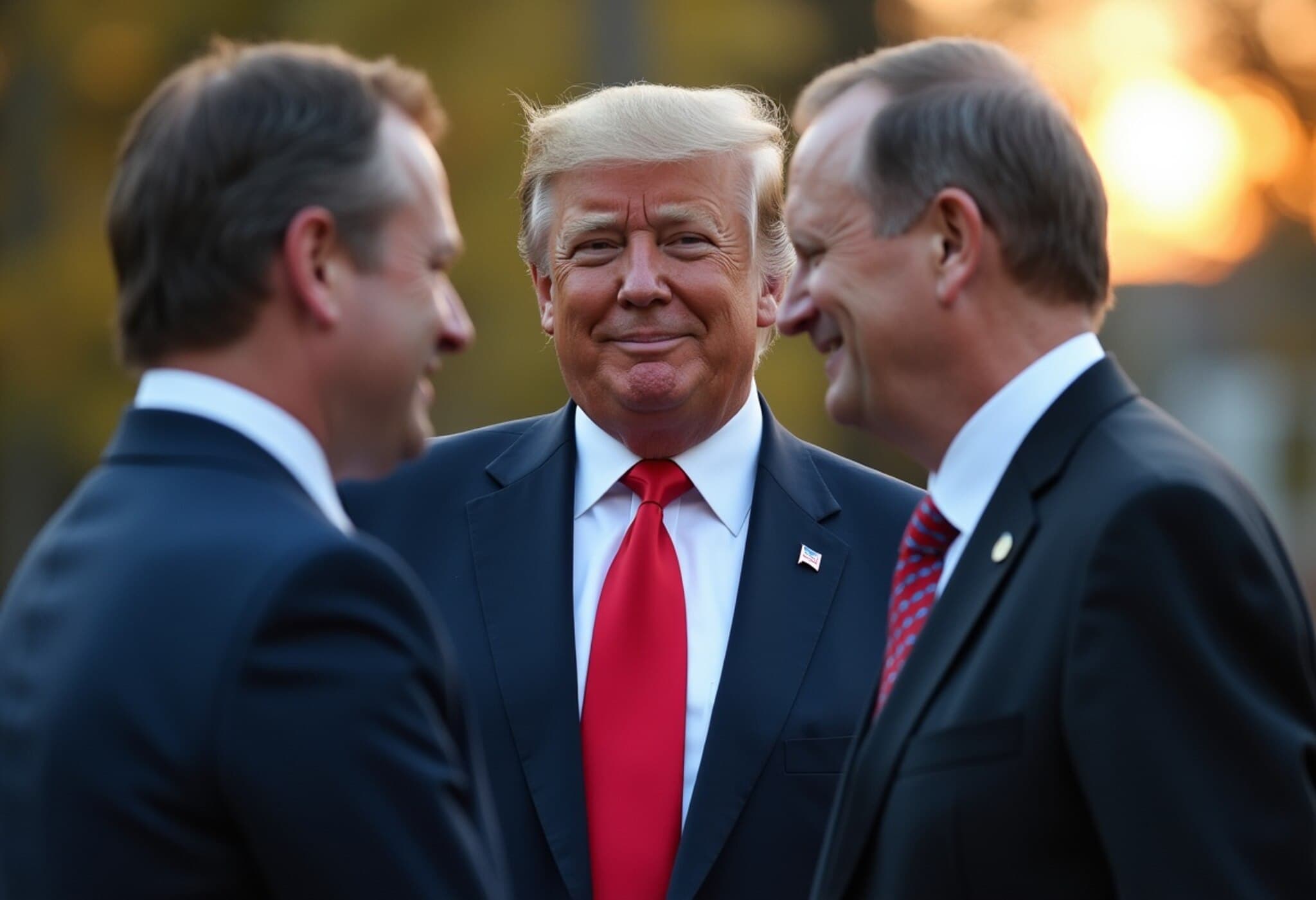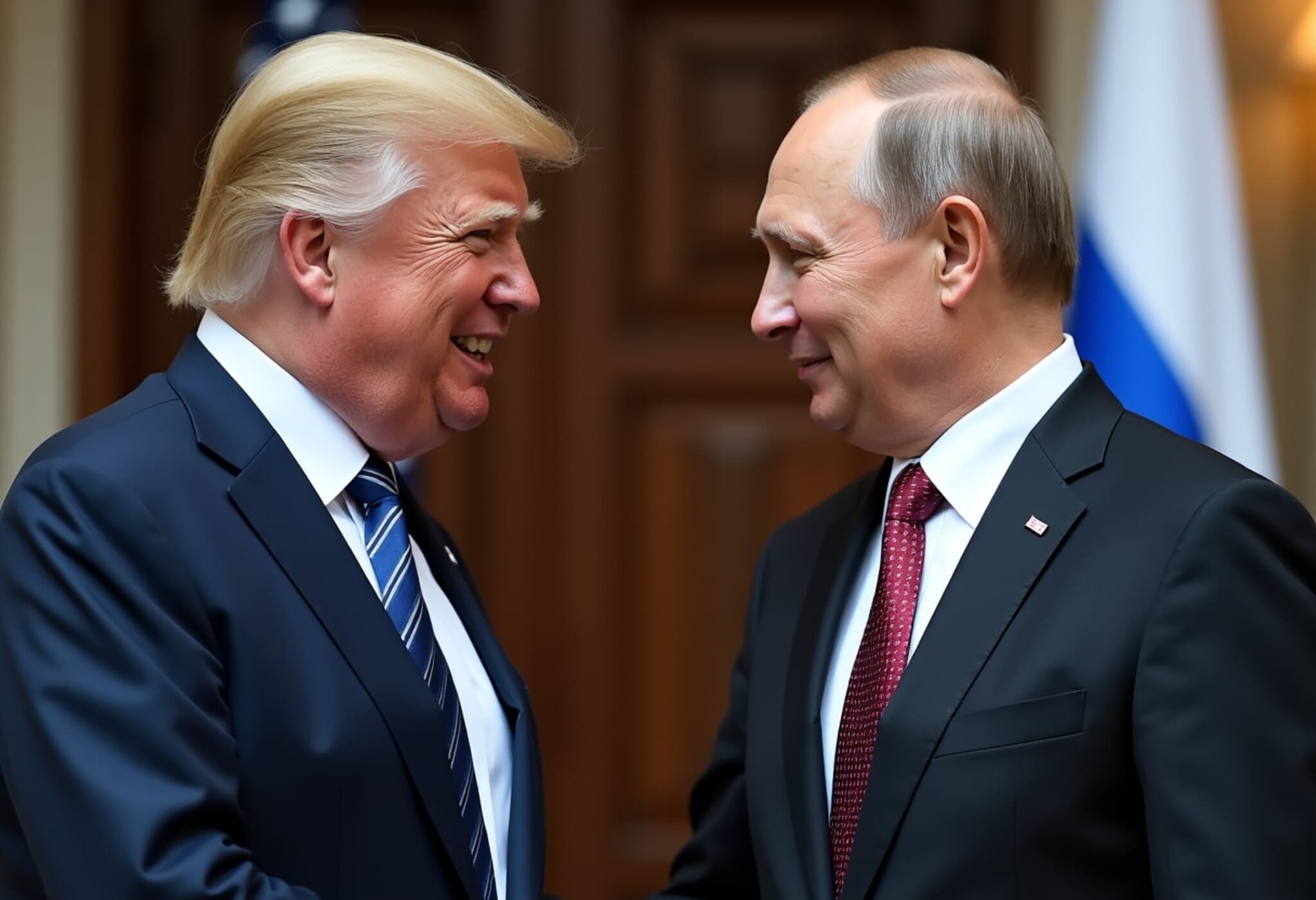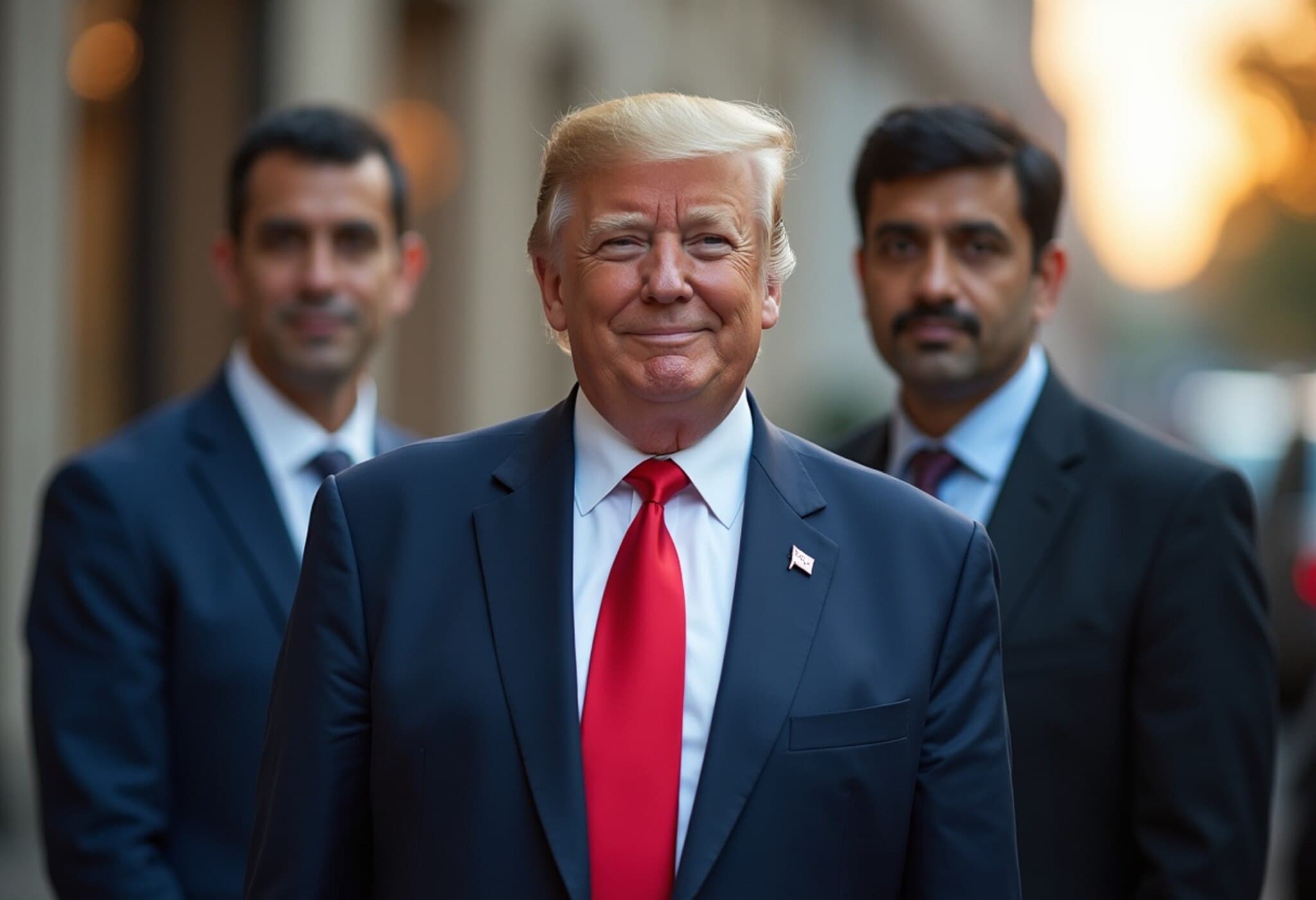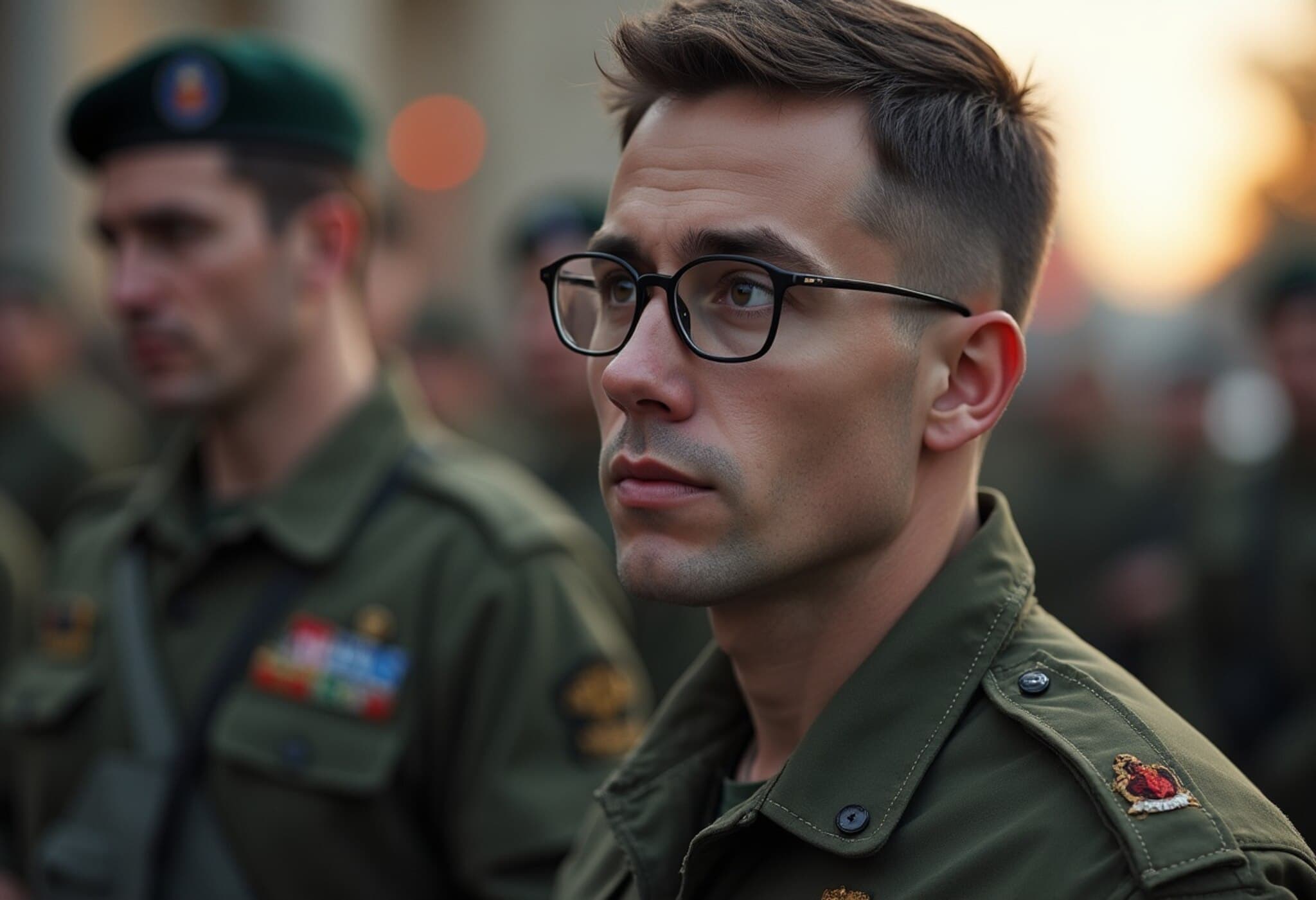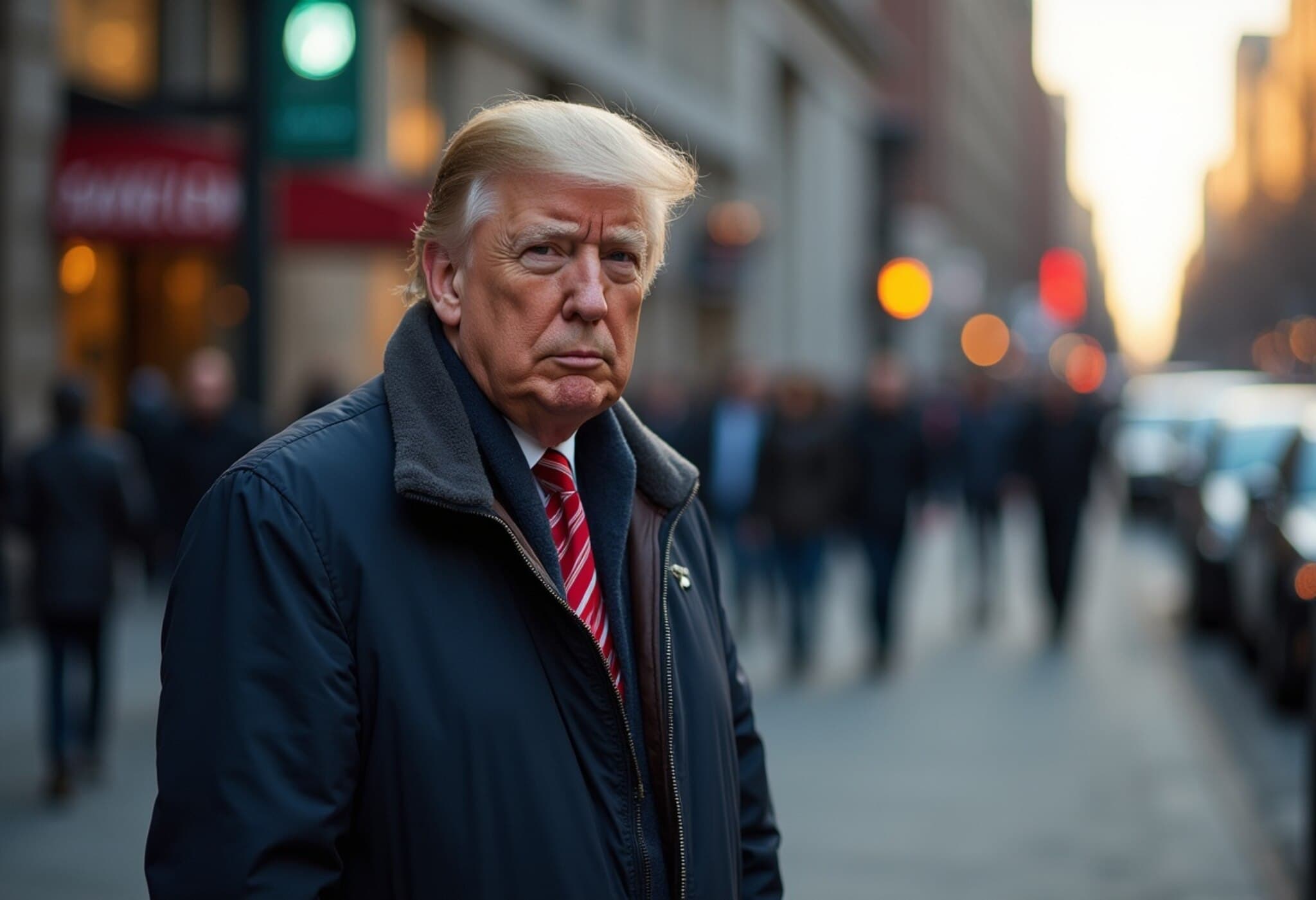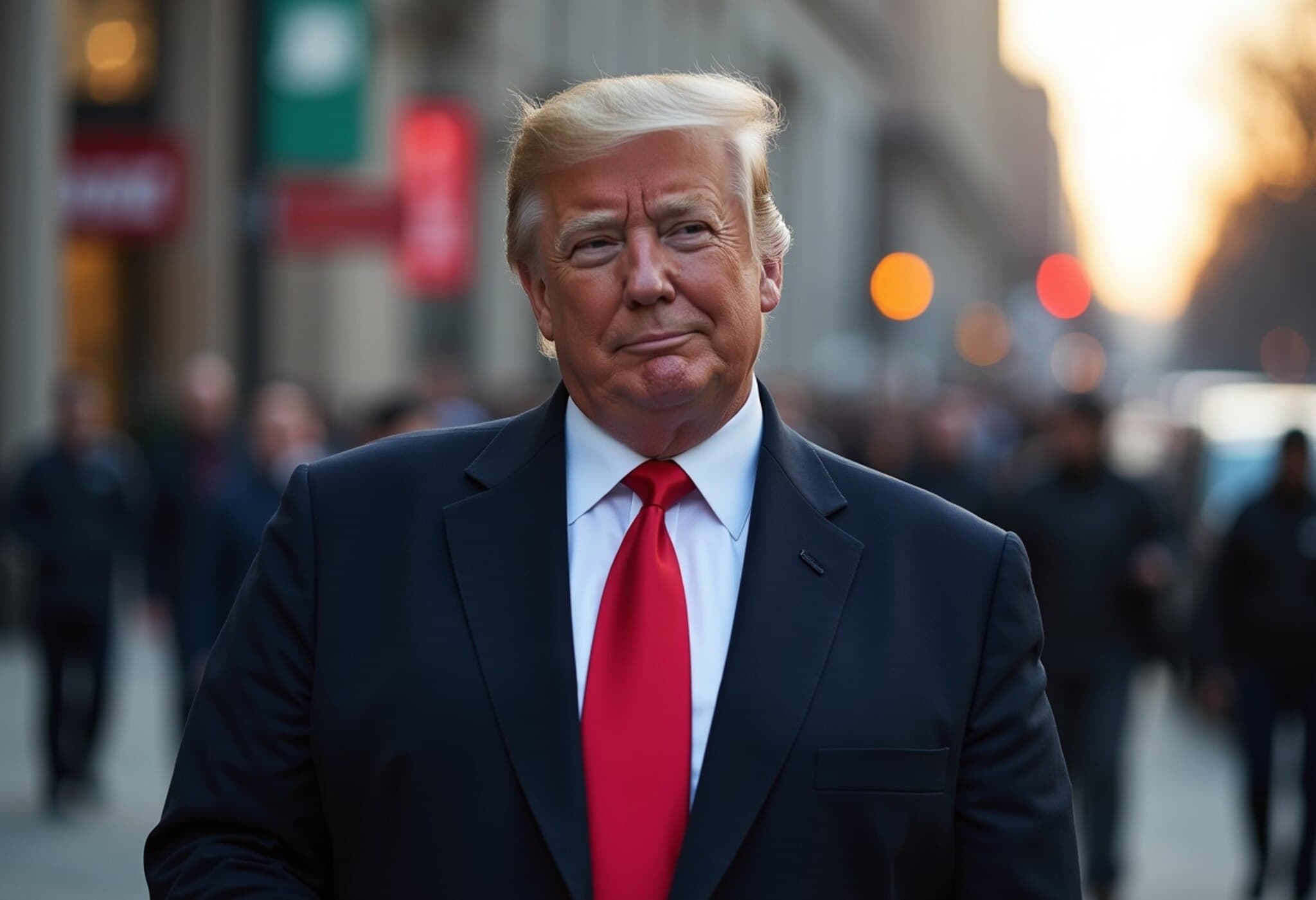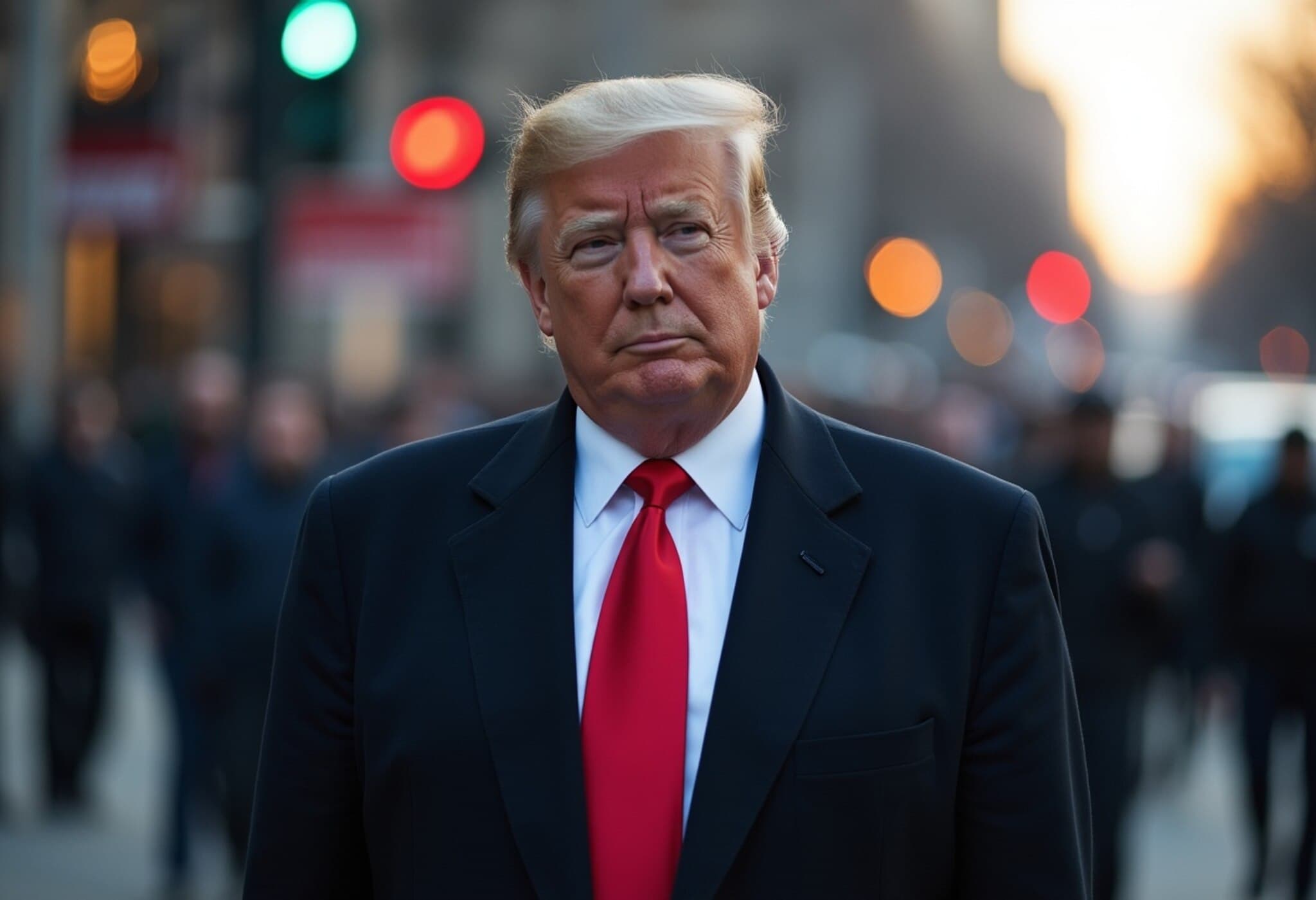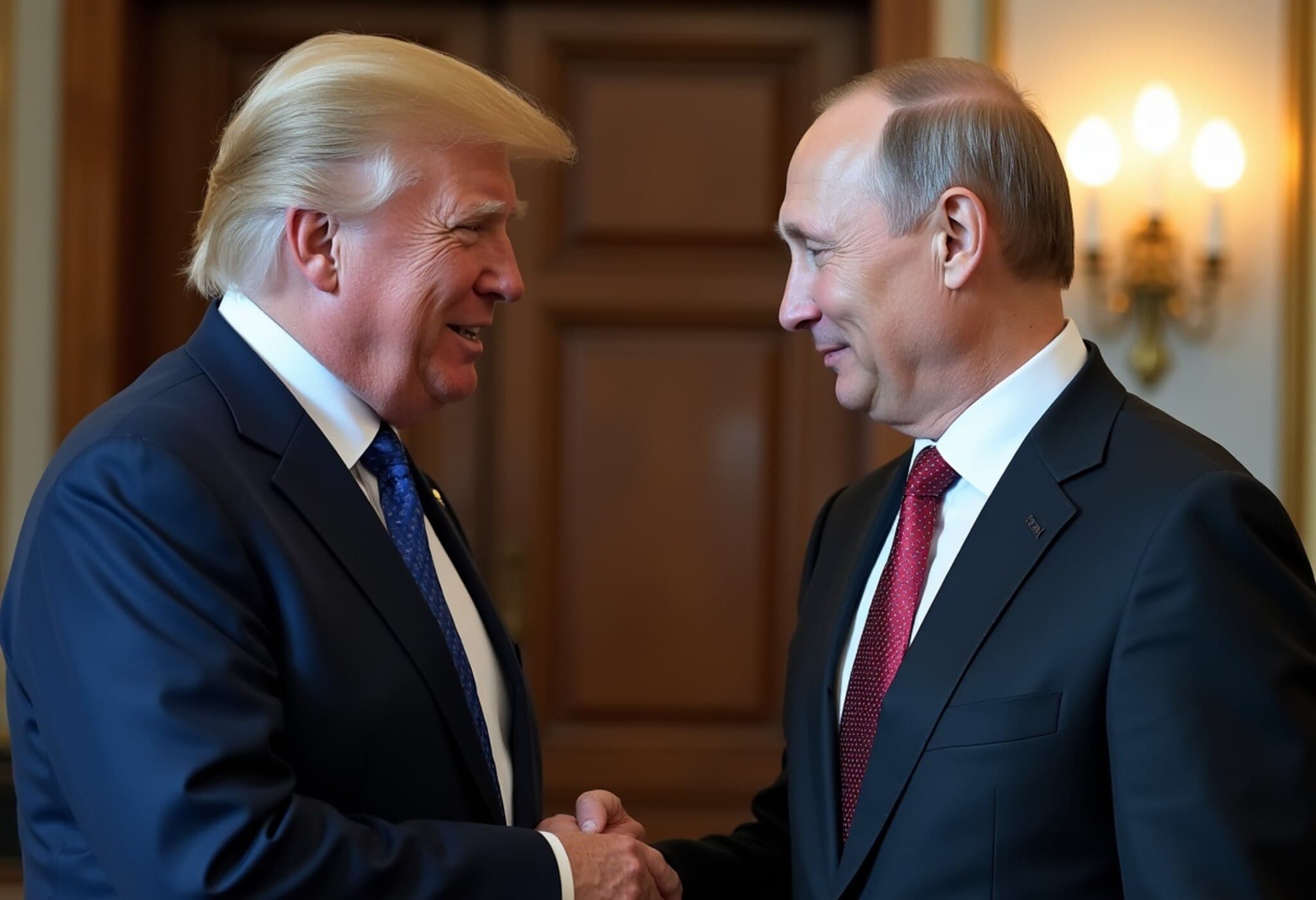EU Leaders Rally Behind Zelenskyy Ahead of Crucial Washington Talks
In a pivotal diplomatic moment amid the ongoing war in Ukraine, several European Union leaders are preparing to join Ukrainian President Volodymyr Zelenskyy for high-stakes discussions with US President Donald Trump in Washington, DC. This gathering comes on the heels of Trump’s recent marathon talks with Russian President Vladimir Putin, which ended without any agreement on a ceasefire.
Trump-Putin Dialogue Yields No Ceasefire Breakthrough
Last Friday, President Trump engaged in a three-hour negotiation session with President Putin aimed at resolving the conflict in Ukraine. Despite the duration and intensity of these talks, the two leaders failed to secure a ceasefire agreement. Instead, their discussions culminated in an ambiguous promise of “security guarantees” for Ukraine, a concept that has already stirred sharp controversy.
Zelenskyy Emphatically Rejects Russia’s Security Guarantees
While European Commission President Ursula von der Leyen welcomed the idea of security guarantees as progress, President Zelenskyy was unequivocal in dismissing any assurances coming from Moscow. During a joint appearance, Zelenskyy stated:
“What President Trump said about security guarantees is much more important to me than Putin’s thoughts, because Putin will not give any security guarantees.”
Still, Zelenskyy acknowledged the significance of the United States’ offer, calling it “historic,” signaling Ukraine’s readiness to engage with Washington’s framework while remaining cautious about Russia’s intentions.
European Leaders Demand Clarity and Stronger Support from the US
French President Emmanuel Macron, who will attend the talks alongside Zelenskyy, emphasized the need to understand Washington’s commitment level. He said European leaders intend to question the US on “to what extent” it is prepared to uphold the proposed security guarantees in any future peace settlement.
Macron did not shy away from criticizing Russia’s stance, saying, “There is only one state proposing a peace that would be a capitulation: Russia.” This pointed remark drew a swift rebuke from Moscow, where Foreign Ministry spokesperson Maria Zakharova condemned Macron's comments as an “abject lie.” Zakharova defended Russia’s prolonged engagement in the Minsk peace process and accused the French leader of misleading Ukraine about the feasibility of a military victory.
Trump Shifts Focus Toward Peace Deal, Raising Uncertainty
After the Alaska meeting with Putin, President Trump indicated a strategic pivot by underscoring his pursuit of a comprehensive peace deal over a mere ceasefire, tweeting cryptically on social media: “ON RUSSIA. STAY TUNED!” However, details remain scarce, adding to the uncertainty surrounding the diplomatic landscape.
Ukraine and Allies Weigh Fate of a Three-Way Summit
Despite speculation about a potential trilateral summit involving Trump, Putin, and Zelenskyy, the Ukrainian president expressed skepticism about such a meeting materializing. He reported seeing “no sign” that President Putin is prepared to engage in a direct dialogue with him at this stage.
Who’s Joining Zelenskyy in Washington?
- British Prime Minister Keir Starmer
- German Chancellor Friedrich Merz
- NATO Secretary-General Mark Rutte
- Italian Prime Minister Giorgia Meloni
- Finnish President Alexander Stubb
These leaders convened via video conference to align their negotiating positions ahead of the Washington talks. Notably, Meloni and Stubb are known for their cordial relations with Trump, potentially facilitating more cohesive discussions.
Context and Implications
The coalition of EU leaders traveling to the US underscores Europe's deepening commitment to Ukraine at a critical juncture. The ongoing conflict, now over a year old, has reshaped global diplomatic alliances and raised profound questions about international security frameworks.
Washington’s role as a mediator highlights America’s continued influence but also signals the complexities of balancing support for Ukraine with managing relations with Russia. The differing stances between European leaders, Ukraine, and the Kremlin reveal the tangled web of trust issues and strategic interests at play.
Analysts suggest that the upcoming talks will critically test the United States' ability to broker a durable peace and whether the EU can maintain a united front in supporting Ukraine’s sovereignty against Russian aggression.
Editor’s Note
This evolving diplomatic episode illustrates the challenge of navigating a war that has significant geopolitical ramifications. While security guarantees sound promising, their credibility depends on the actors involved and their willingness to abide by international norms. As you follow these developments, consider the profound human cost behind these negotiations and the ripple effects on global stability.
Will the united presence of European leaders signal a turning point in rallying decisive international backing for Ukraine? Or will power politics and mutual distrust continue to stall efforts toward peace? These questions remain open as the world watches closely from Washington.

